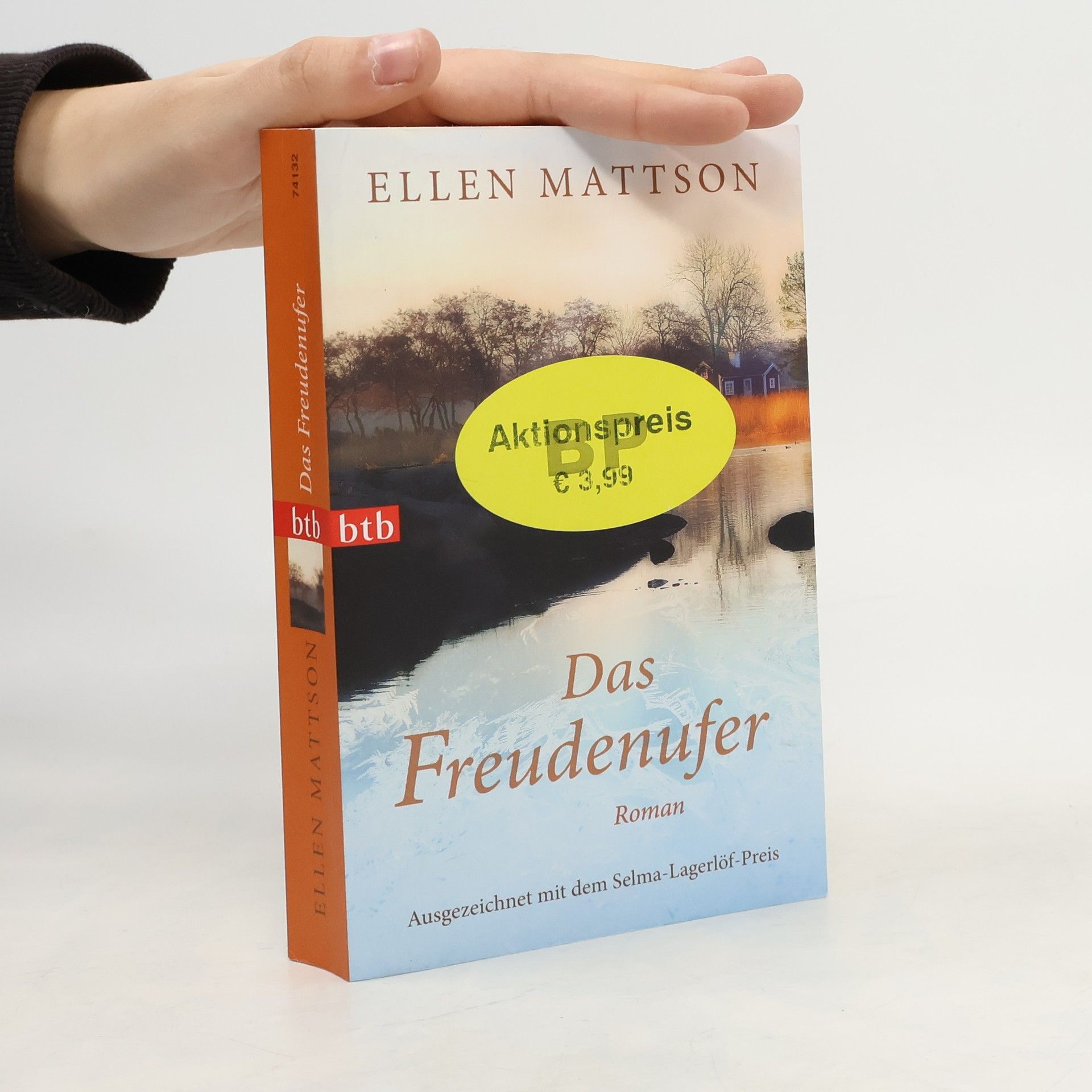"'The sky was now a block of darkness, punctured only by driving snow. The stars had gone out, the king was dead. And the wound on his arm refused to heal.'" "So begins Snow, the first novel by Ellen Mattson to be published in Britain - an exploration of an individual's codes of ethics and honour in the face of political and social collapse. The man is Jakob Torn, a small-town apothecary, stumbling drunkenly through the streets, a refugee from his own home, carrying a deep stab-wound inflicted by his wife. He does not understand what brought on this sudden violence, any more than he can come to terms with the death, in battle, of his king. When the town begins to fill with the starving, frost-bitten remnants of the defeated army, and Jakob is conscripted into helping to embalm the king's body, all his certainties are called into question." "Though set in 1718 on the west coast of Sweden, Snow is a modern and universal novel, interested less in the real-life historical drama that forms the backdrop than in the emotional and moral dilemma of Jakob Torn - a simple, loyal, honourable man who finds himself the damaged centre of a collapsing world."--Jacket
Ellen Mattson Livres
L'écriture d'Ellen Mattson explore les complexités des relations humaines et la vie intérieure de ses personnages. Son style se caractérise par une perspicacité psychologique aiguisée et une prose lyrique qui plonge les lecteurs dans les profondeurs de leurs émotions. Mattson explore fréquemment des thèmes tels que l'identité, la mémoire et la nature éphémère du moment présent. Ses œuvres sont célébrées pour leur profonde profondeur et leur urgence captivante.



Das Freudenufer
- 352pages
- 13 heures de lecture
Drei Menschen auf der Flucht vor der Liebe. Die schwedische Westküste 1822: Goldfarbenes Herbstlicht. Ein Mückenschwarm, der wirr über den Roggenfeldern tanzt. Ein Winter aus sauren Äpfeln und Wolle. Dann endlich der Geruch nach Frühling. Glück, flüchtig wie eine Libelle in der Nachmittagssonne. Es ist der ewige Kreislauf der Natur, dem auch sie unterliegen: Die Waise Tora, die in ihrer Phantasiewelt lebt. Ihr stolzer Stiefvater Erland Frank, dessen Sehnsucht dem weiten Meer gilt. Und Toras wortkarger Onkel, der sich nur in Gegenwart seines Hundes wohlfühlt. Nur in der gleichförmigen Arbeit auf den Feldern finden sie zu einer Gemeinschaft, die sie mit Worten nicht erreichen. Bis Tora und Erland Frank an einem Winterabend auf dem gefrorenen Meer spazierengehen – doch das Eis, auf dem sie sich bewegen, ist brüchig.
Sie haben sich auf dem Gymnasium ihrer Kleinstadt kennengelernt und waren eng befreundet: Jan, der eher schüchterne Junge, und Dorothea, die früh schon extravagante Individualistin. Beide teilen eine Leidenschaft: die Literatur und das Schreiben, dem sie später ihr Leben widmen wollen. Dann trennen sich ihre Wege. Als sie sich Jahre später wiedersehen, ist Dorothea, die ein Vagabundenleben führt, mit ihren Gedichten zu einem Shootingstar der Szene geworden; Jan arbeitet an einem Roman über Thomas Mann, doch hat er Schwierigkeiten. Als beide für einen Wettbewerb nominiert werden und Dorothea gewinnt, kommt es zum Bruch - kurze Zeit später ist sie tot, gestorben an einer Überdosis Schlaftabletten. Disziplin und Ekstase, Vernunft und Selbstzerstörung - diese Gegensätze beschäftigen Jan, als er über sich und die beiden Lebensentwürfe nachdenkt. Und er entdeckt, daß Dorotheas Ruhm durch fast hochstaplerische Manipulationen zustande kam. Ellen Mattsons Sprache hat etwas Traumwandlerisches, das berührt und fasziniert. (Svenska Dagbladet)